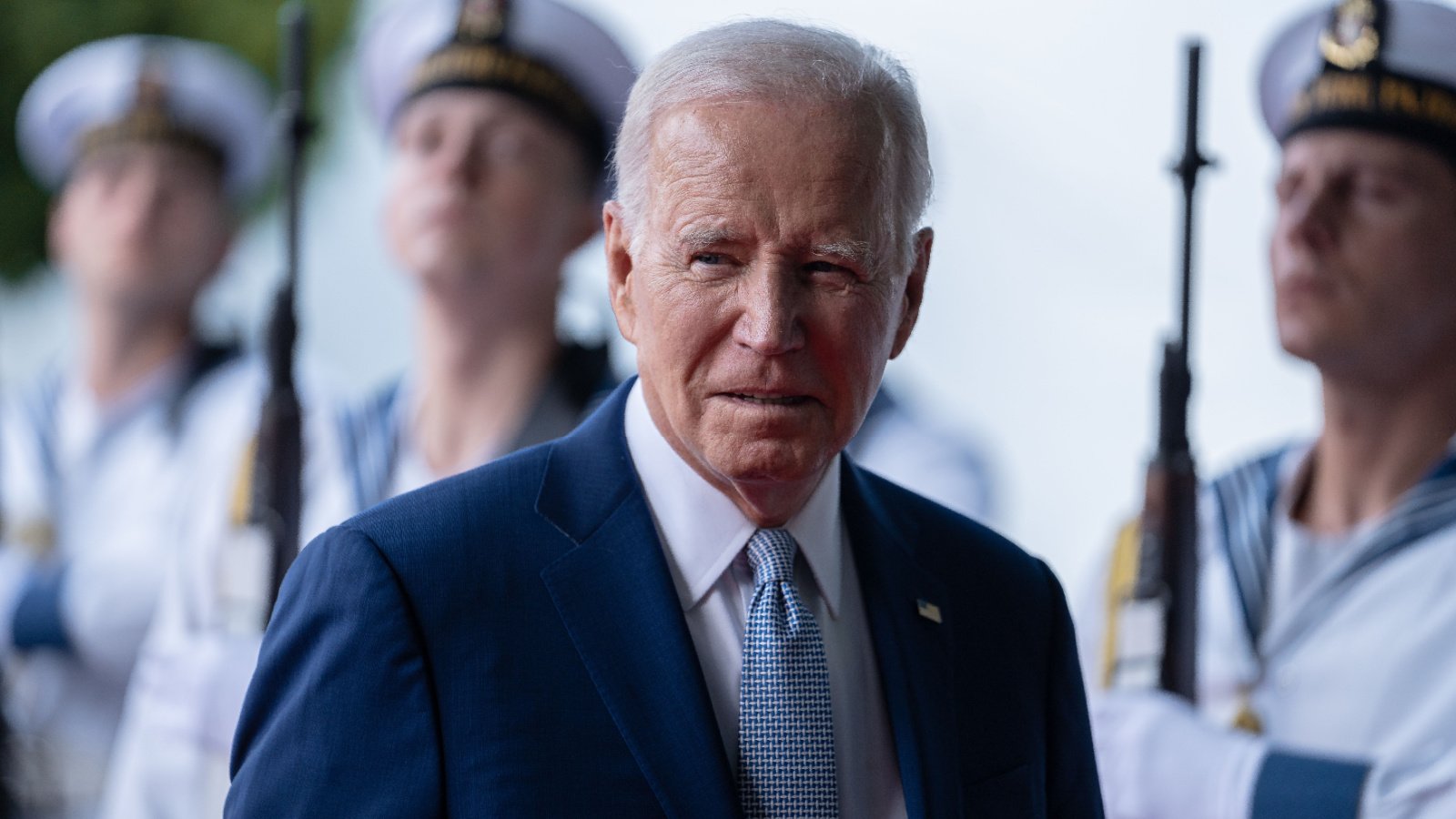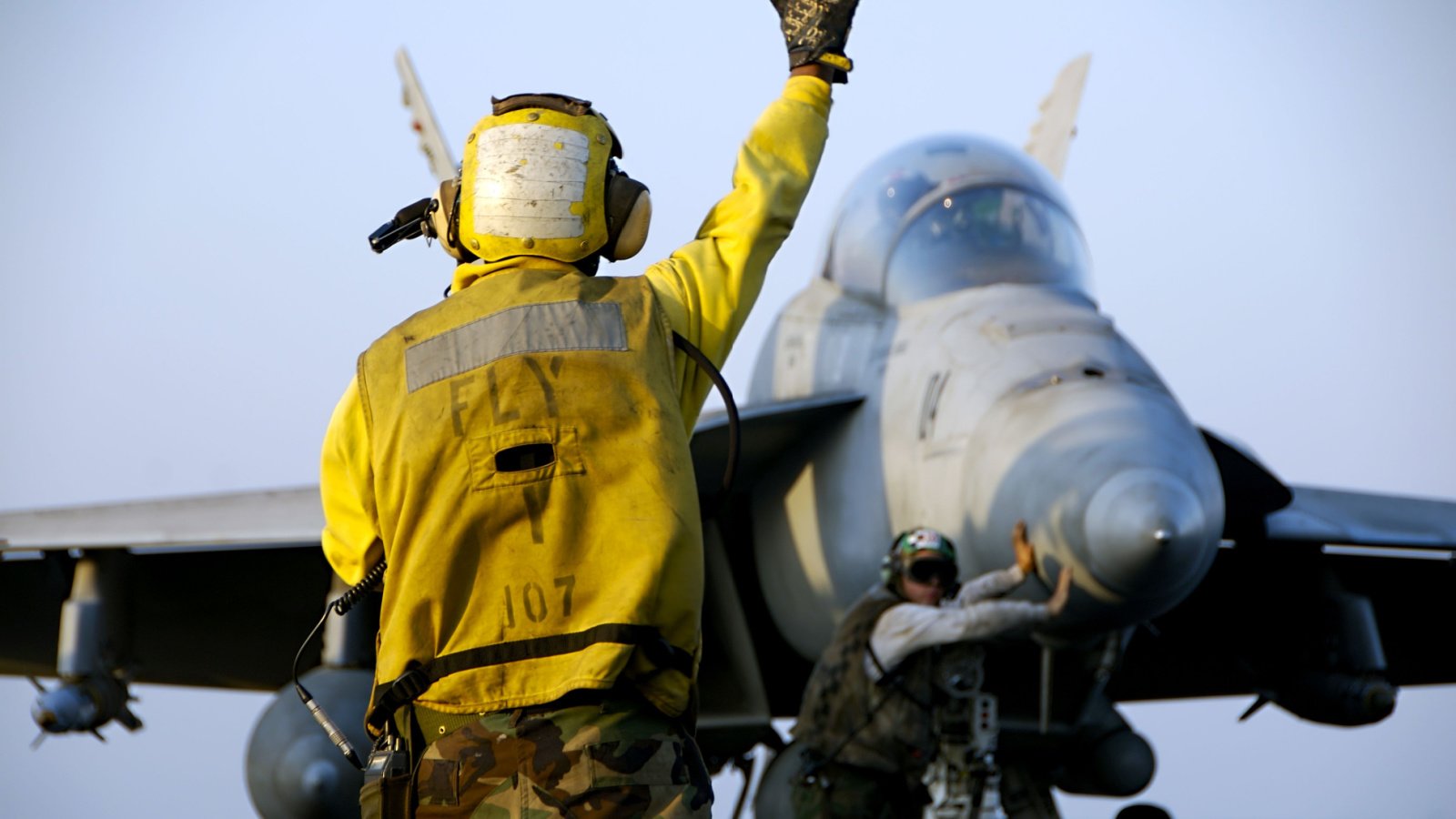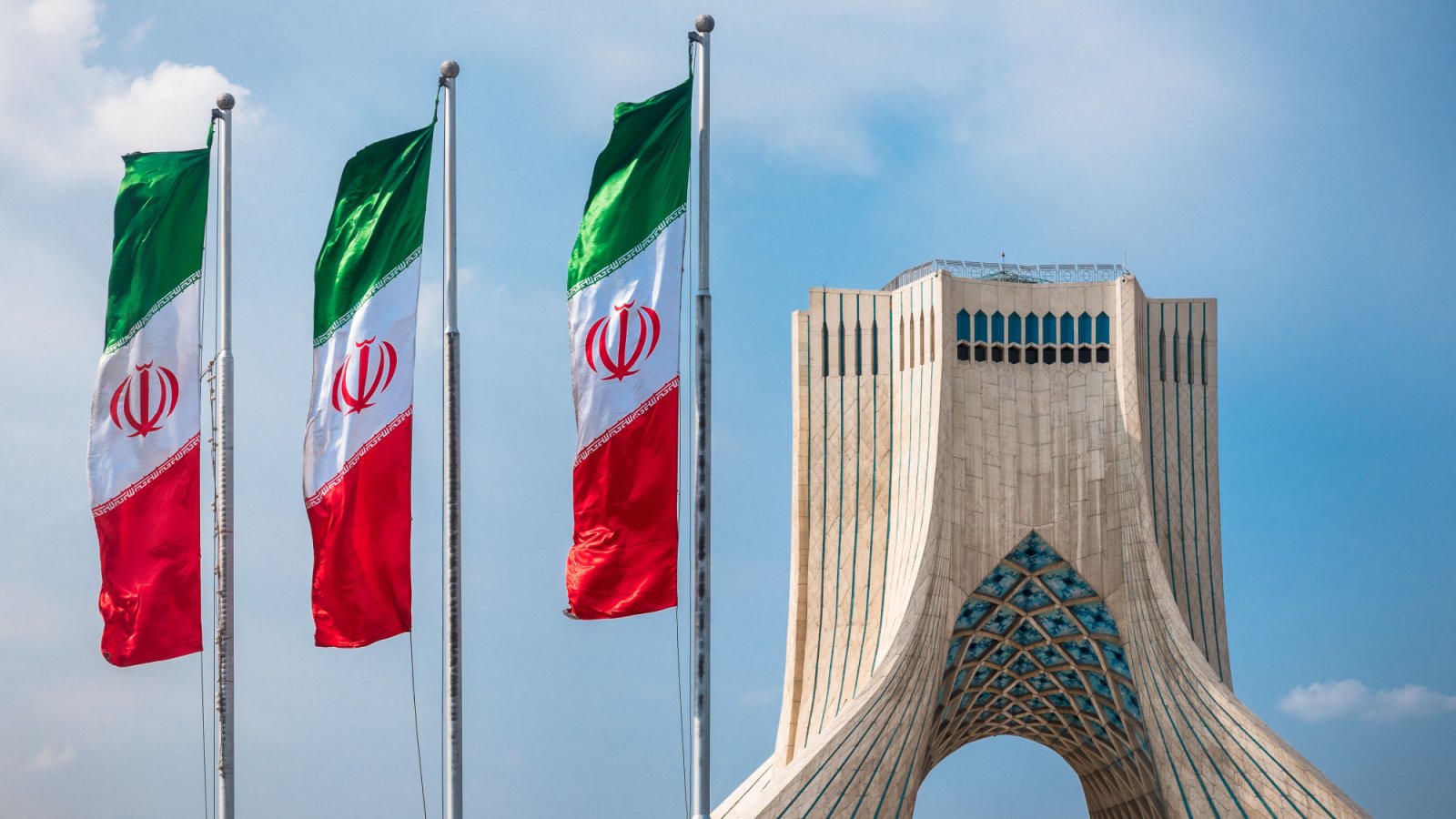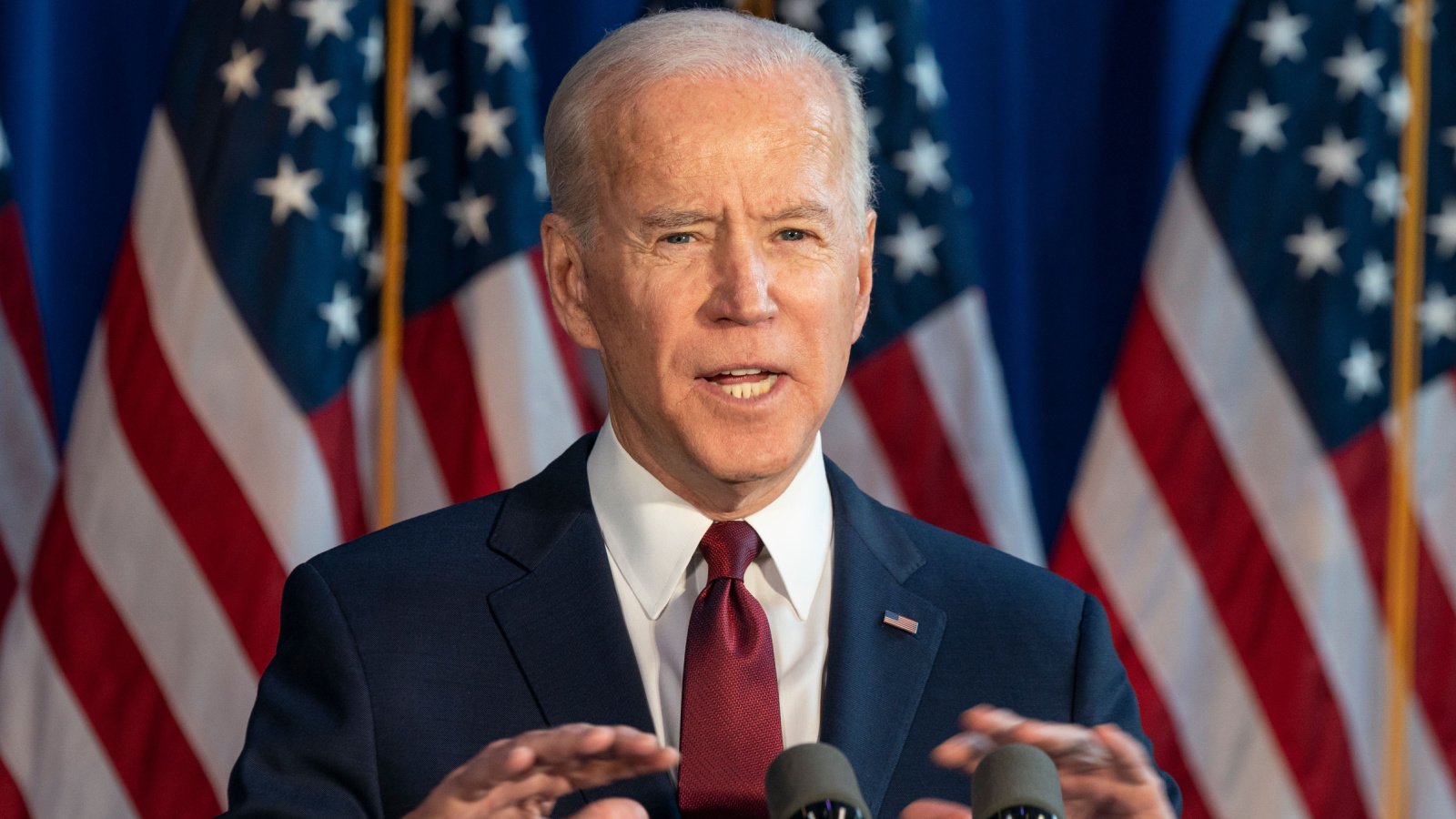The Biden administration is pressing Congress to approve an $18 billion arms deal with Israel, involving the sale of F-15 jets, amidst growing tensions in Gaza. The deal, drawing scrutiny over its impact on regional stability, challenges ethical considerations against the backdrop of U.S.-Middle East relations.
Jet Deal in the Spotlight

Amid rising critiques of military actions in Gaza, the Biden administration is pushing for congressional green light on a substantial $18 billion F-15 jet sale to Israel. This move could mark one of the most significant U.S. arms deals with Israel in recent history, sparking a flurry of debate among lawmakers.
Legislative Wheels Turning

A notice signaling the start of a review for this massive deal has landed on the desks of congressional committees, setting the stage for what could be a landmark authorization of up to 50 high-tech fighters. This procedural kickoff, spotlighted by major news outlets, signals a hefty boost in U.S.-Israel defense ties, complete with advanced training and an arsenal to match.
A Future Fleet

While the F-15s, boasting top speeds and dual combat capabilities, are set for a distant delivery timeline, their intended roles stretch far beyond immediate conflict zones. Israel’s defense strategy, with an eye on regional adversaries and future threats, underscores a sophisticated long-term military posture.
Expanding Airpower

In a move signaling broader air defense ambitions, Israeli officials hint at an upcoming procurement of F-35 jets, showcasing a layered approach to national security. This revelation underscores a deepening military partnership, fueled by a landmark aid agreement inked under the Obama administration.
Emergency Support Amidst Conflict

In response to escalating violence, the U.S. has expedited over $250 million in emergency arms to Israel, sidestepping usual congressional protocols. This rapid mobilization of support reflects a critical stance on immediate defense needs, amidst a backdrop of ongoing conflict and geopolitical tension.
A Delicate Balance

As debates swirl around the ethics of military support in light of Gaza’s deepening crisis, U.S. diplomacy treads a fine line. Secretary Blinken’s recent remarks in Paris highlighted a commitment to Israel’s security, framed by longstanding agreements and a nuanced understanding of the current conflict’s complexities.
Regional Tensions and Defense Strategies

Hezbollah, Iran, and other regional forces pose significant threats to Israel’s existence, a concern that drives the nation’s defense acquisitions, including the contested F-15 jet sale. The broader geopolitical chessboard, marked by vows of destruction against Israel, underlines the urgency of these military upgrades.
Accelerating Military Aid

Following a critical date in October, Israel hastened requests for heavy munitions, previously green-lit, to bolster its arsenal used in Gaza, despite international concerns over their use in populated areas. The U.S. maintains a tight-lipped policy on arms transfers until Congress is officially notified, emphasizing a complex, multi-year delivery process for approved sales.
Diplomatic Dilemmas and Defense Dynamics

Internal debates highlight a fear that reducing military support could inadvertently strengthen Iran’s regional influence, challenging Israel’s deterrence capabilities. However, critics argue that the civilian toll in Gaza calls for a reassessment of military aid, urging the U.S. to leverage its position to demand greater accountability from Israel.
A Senator’s Standpoint

Senator Chris Van Hollen voices frustration with Israel’s current leadership, advocating for a strategic use of U.S. military aid to enforce demands for civilian protection and humanitarian aid in Gaza. The standoff reflects deepening diplomatic tensions, with calls for a reevaluation of U.S.-Israel relations amidst escalating violence.
A Request Renewed

Israel’s defense minister put forth a significant request during Washington discussions, eyeing an expansion of their F-35 fleet alongside the F-15s, signaling an ongoing quest for aerial dominance. This comes as Israel exercises options to further bolster its F-35 arsenal, underscoring a commitment to maintaining cutting-edge military capabilities.
The Argument for Airpower

Israel’s strategic employment of F-35s and F-15s showcases a multifaceted approach to regional security, from Gaza to broader threats in Lebanon and Syria. An analyst’s perspective from a pro-Israel think tank highlights the critical role of these fighters in sustaining Israel’s qualitative military edge, a cornerstone of its defense strategy.
Diverging Views in Washington

Amid ongoing debates, contrasting opinions emerge from the White House and Congress over the effectiveness of the current U.S. approach to Israel. With Senator Bernie Sanders questioning the rationale behind continued financial and military support, the dialogue reflects a broader scrutiny of U.S. foreign policy and its outcomes in the region.








